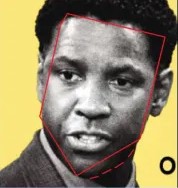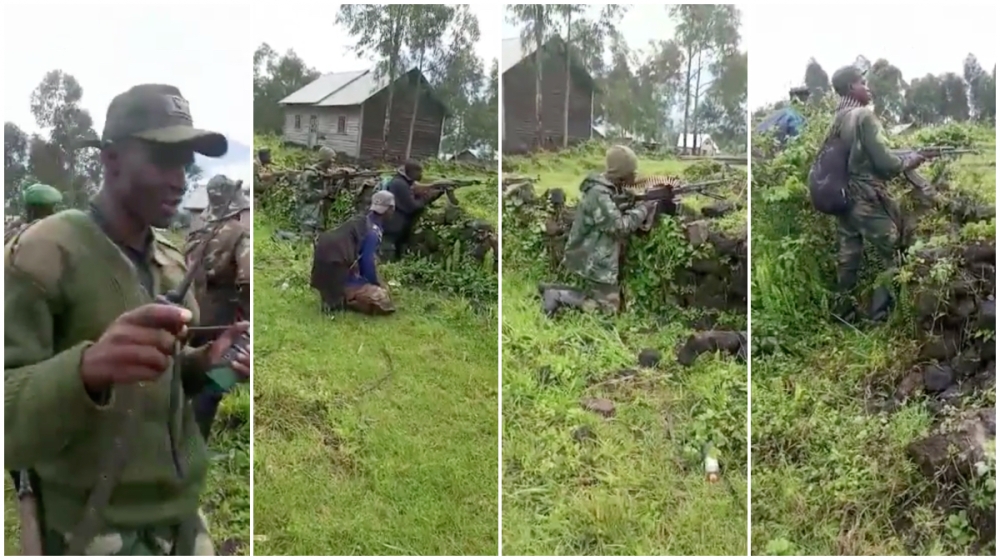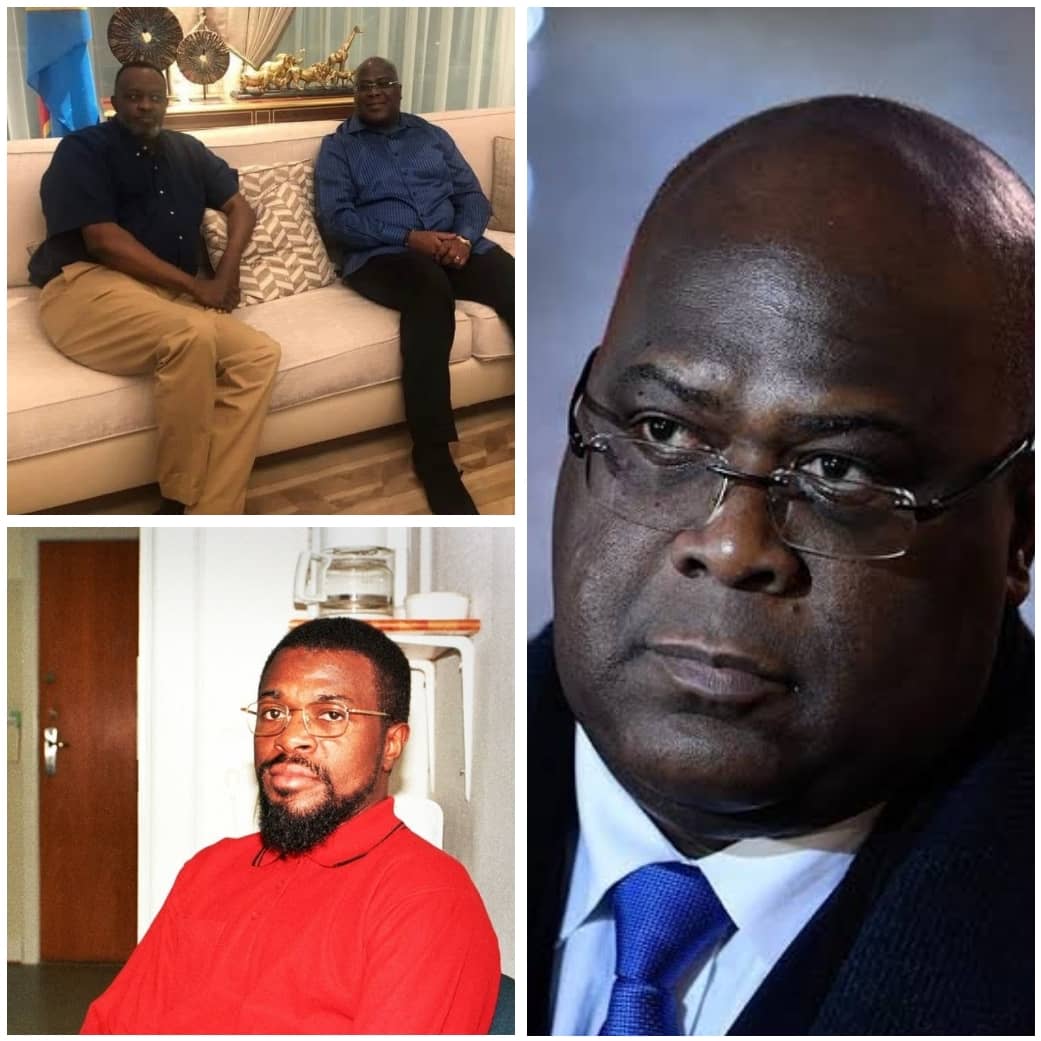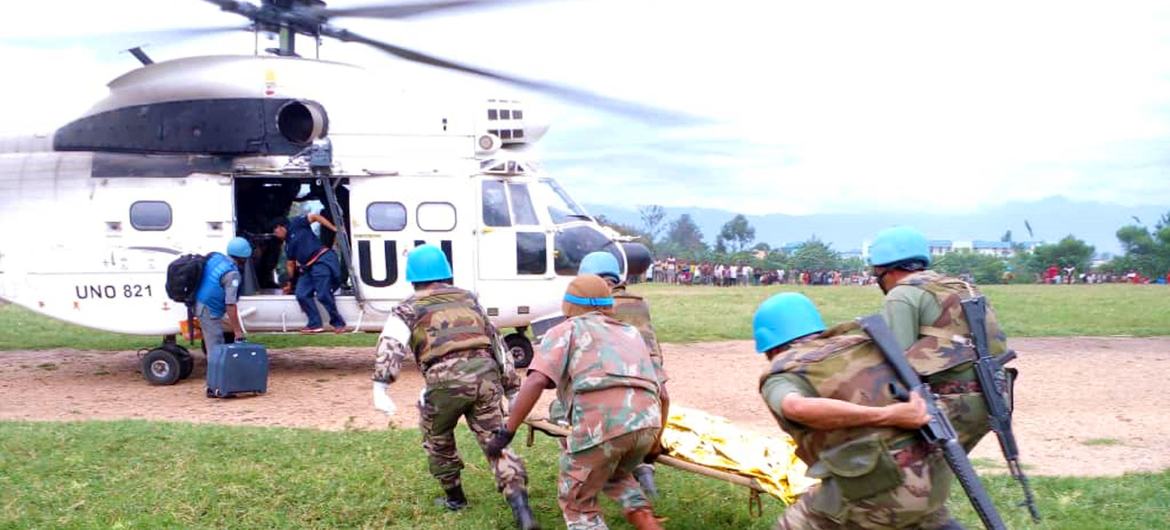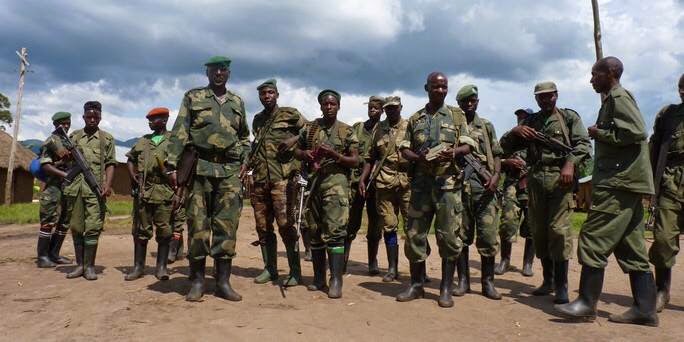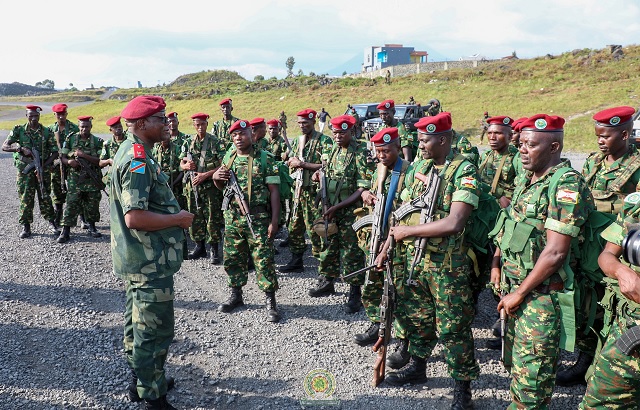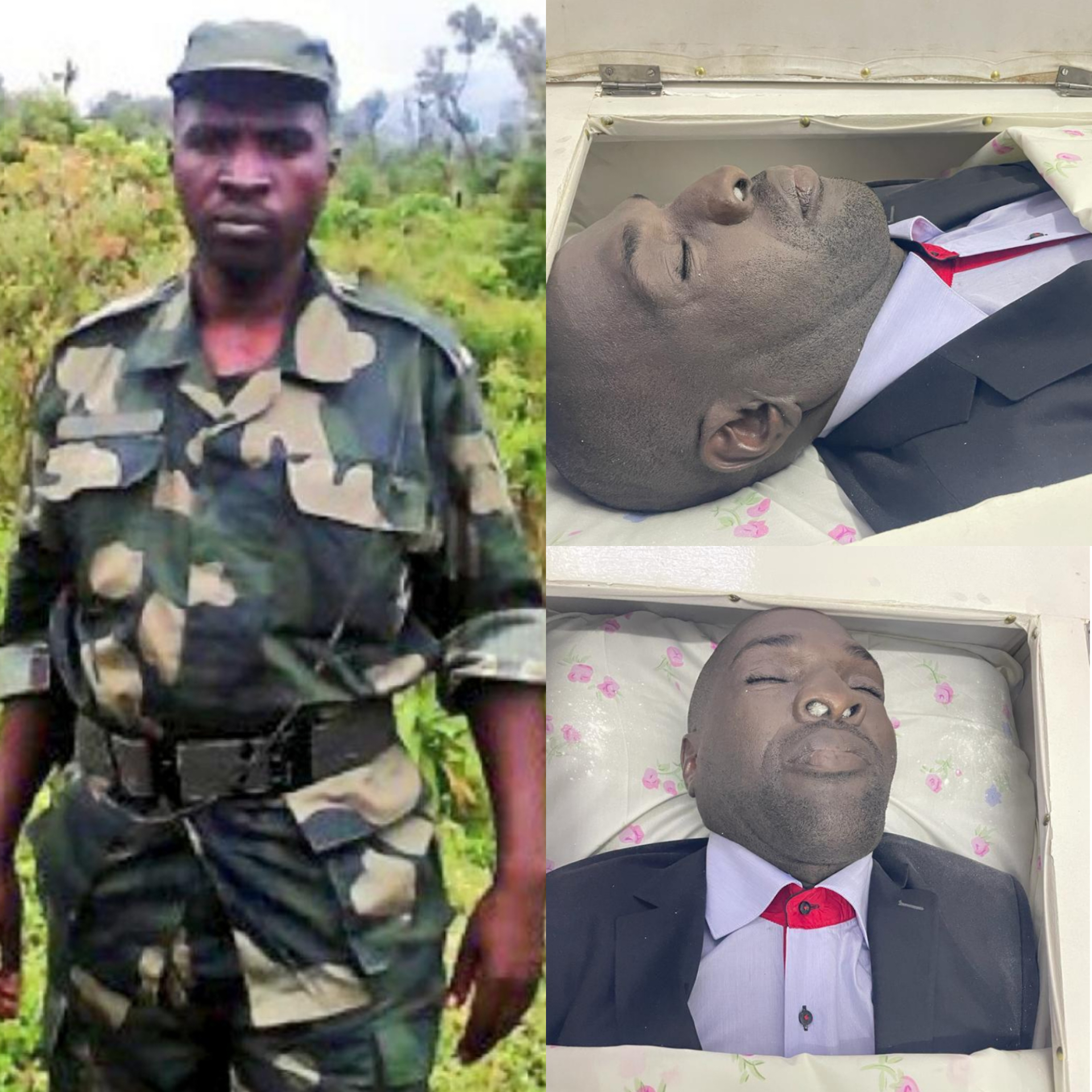Regional
Three key things that would happen if Tshisekedi cut ties with Rwandan génocidaires
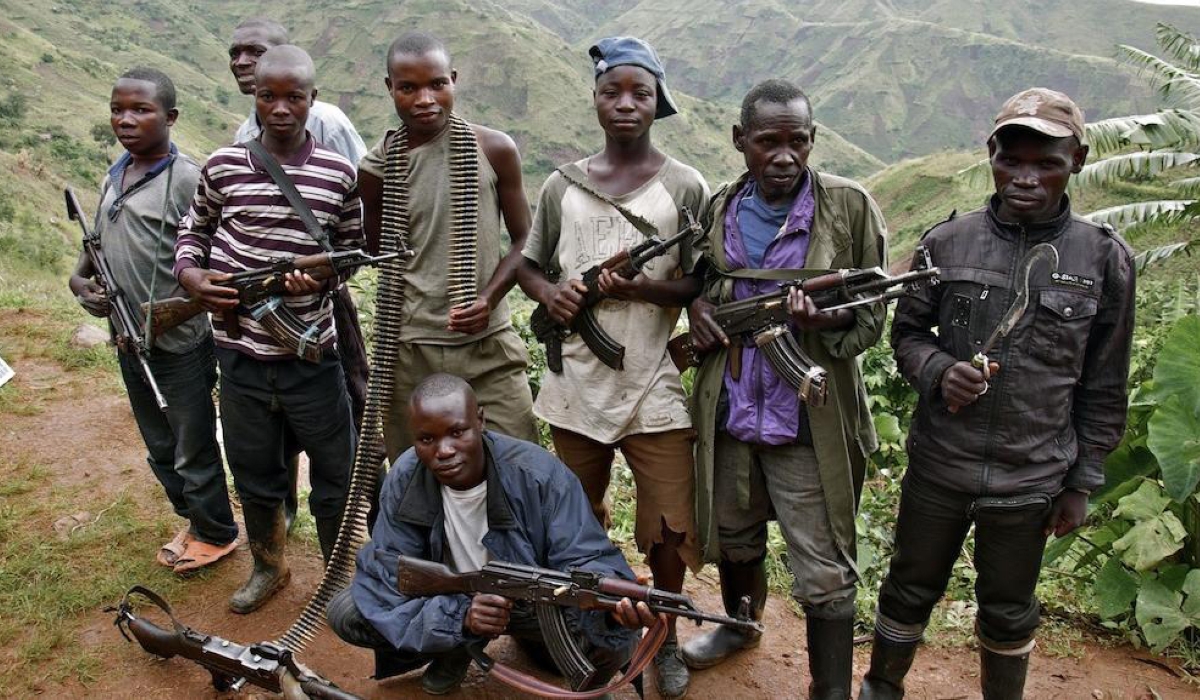
It is
no secret that Congolese President Félix Tshisekedi is openly supporting the
FDLR genocidal militia, incorporating them into the Congolese army a well as
arming them with heavy weapons in a bid to implement their long-term plan to
wage war against Rwanda, as well as in killing the Congolese Tutsi. A number of
trusted reports, including by UN experts, have documented this.
The
question is, what would happen if Tshisekedi stopped supporting this terror
group? The FDLR is a genocidal militia formed by remnants of the perpetrators
of the 1994 genocide against the Tutsi in Rwanda. The mass murderers fled to
eastern Zaire,current DRC, after their genocidal regime was defeated by the RPF
in July 1994.
What
would happen if Tshisekedi stopped supporting this terror group? Three key
things would happen and they would all positively impact on regional security
dynamics as well as enhanced good relations between countries.
De-escalating
genocide ideology in the region
Today,
in the Democratic Republic of Congo, the Congolese Tutsi are being
discriminated, tortured, and killed, the same way it happened to Rwanda's Tutsi
from 1990 to 1994.
The
DRC provides sanctuary to Rwandan génocidaires, nurturing their genocidal ideology,
which directly affects not only the Congolese Tutsi community but also the
broader Great Lakes region. The ongoing support for the FDLR genocidal militia
contributes significantly to its failure to ensure security in the region.
Tshisekedi
could stop the FDLR from spreading its deadly genocidal agenda, thereby
alleviating the security crisis in eastern DRC and the wider region.
Improved
bilateral relations with Rwanda
In
June 2022, after signing agreements on bilateral cooperation with Rwandan President
Paul Kagame, Tshisekedi said: "We have wasted so many years being
antagonistic towards each other, living in tension and in a war situation, but
also sharing hatred, now that's enough."
He
noted that it was time for relations between the two countries to become
friendly and fraternal.
Tshisekedi's
perspective was valid; there are various areas for both countries to
collaborate, such as diplomatic and economic ties. The DRC's exports to Rwanda
have seen significant growth, averaging 11.8% annually from $2.03 million in
1996 to $37.2 million in 2022. However, sustained support for the FDLR
genocidal group by the DRC hampers the realization of further progress in this
cooperation.
Repatriation
of Congolese refugees
The
FDLR, supported by Kinshasa, are committing summary executions, abductions,
forced displacement and conflict-related sexual violence.
In
2022 alone, Rwanda and Uganda received more than 100,000 refugees from eastern
DRC fleeing persecution. The majority are Kinyarwanda-speaking Congolese.
In
February 2022, DRC government Spokesperson Patrick Muyaya said that his
“government will work for a rapid return of our compatriots in compliance with
the rules of UNHCR and by closely involving the local notables.” But that never
happened.
The
possibility of refugees returning hinges on Tshisekedi's cessation of support
for FDLR, which would alleviate violence in eastern DRC. The refugees will not
return to the same persecution and killings they fled from.
To truly promote peace for the Congolese people, Tshisekedi ought to implement laws that prevent and punish genocide related crimes, initiate measures that eliminate discrimination, teach and encourage tolerance among the population, combat impunity and extradite genocidaires to Rwanda to reassure the safety and security of the population in eastern DRC.


